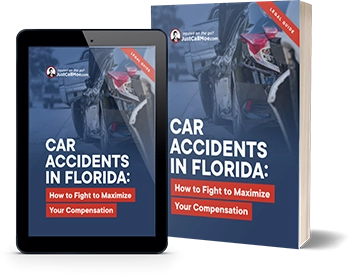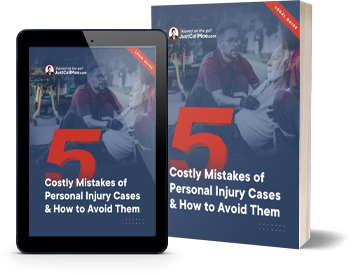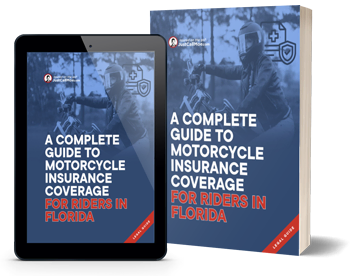When we think of motorcycle accidents, our immediate thoughts often gravitate towards the physical injuries – broken bones, road rash, and even more severe injuries. However, what many fail to recognize is that motorcycle accidents can also have deep-seated emotional and psychological trauma associated with them. Emotional trauma should not be overlooked as it is a real injury resulting from a motorcycle accident.
Motorcycle accident trauma can be an immensely violent and shocking experience. This sudden and intense encounter with danger can trigger emotional responses that, if not properly addressed, could manifest into debilitating conditions. Post Traumatic Stress Disorder (PTSD) is not uncommon among accident survivors. Victims may replay the accident repeatedly in their minds, avoid riding or even driving altogether, or exhibit heightened fear and anxiety when encountering reminders of the incident. These are not mere fleeting feelings; they are profound disturbances that can significantly alter one’s quality of life. PTSD after a motorcycle accident is a serious concern that requires attention.
Apart from PTSD, riders involved in accidents can also face other emotional challenges such as depression, anxiety, and even survivor’s guilt, especially if the accident involved fatalities or severe injuries to others. This emotional distress, in many instances, can be as incapacitating as a physical injury, affecting personal relationships, job performance, and daily activities. Seeking prompt professional psychological help is paramount for accident victims. Therapeutic interventions can provide coping strategies, allow for the processing of the trauma, and guide victims towards a path of recovery. Moreover, it’s essential to understand that emotional and psychological injuries are genuine injuries. They deserve as much legal attention as physical ones.

How Do You Prove Emotional & Psychological Trauma?
Proving emotional and psychological trauma resulting from a motorcycle accident can be challenging. However, having a skilled team by your side can help to establish and support a claim for emotional and psychological trauma.
- Medical Documentation: Just like with your physical injuries, you need to document your psychological injuries as well. Medical records from psychologists, psychiatrists, or therapists can provide evidence of the emotional and psychological impact of the accident.
- Symptoms: Document your symptoms by keeping a journal of the emotional symptoms you may experience, such as anxiety, depression, nightmares, or flashbacks. This can serve as a detailed account of your mental state over time.
- Witness Statements: Statements from friends, family members, or colleagues who have observed changes in your behavior or mental well-being can provide valuable evidence of how the accident has impacted your life.
- Expert Testimony: Mental health professionals can serve as expert witnesses to testify about the impact of the accident on your mental health. Their testimony can help provide further credibility to your claim.
- Prescription Medication: If prescribed medication for anxiety, depression, or other psychological symptoms, maintain records of prescriptions and pharmacy receipts as evidence of the ongoing medical treatment.
- Records of Lost Enjoyment of Life: Provide testimony and evidence of how the emotional and psychological trauma has diminished your ability to enjoy life, participate in activities, or pursue hobbies.
For those in Florida who’ve experienced a motorcycle accident and are grappling with the emotional aftermath, it’s crucial to consult with an injury lawyer famili1ar with the complexities of psychological trauma claims. Such traumas, though intangible, warrant compensation to cover therapy costs, lost wages due to emotional distress, and the diminished quality of life. At JustCallMoe Injury & Accident Attorneys, we understand the depth of emotional wounds caused by motorcycle accidents. Our experienced team is here to guide and support you, ensuring that both your physical and emotional traumas are acknowledged and addressed. Contact us today!

 (866) 225-5663
(866) 225-5663



